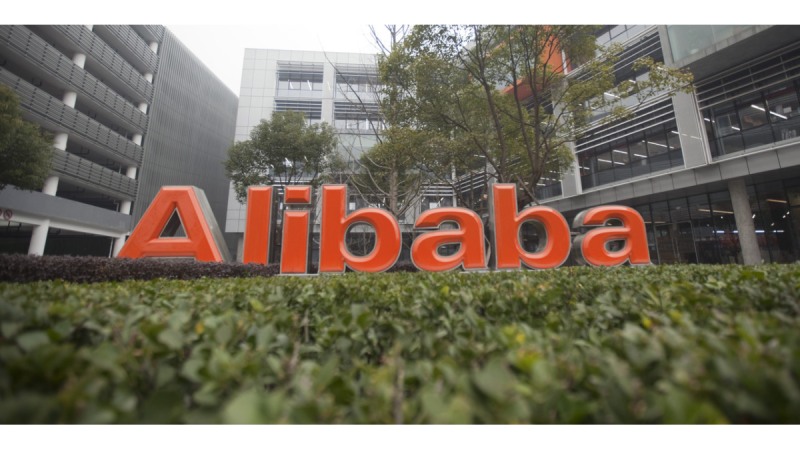
Alibaba, the Chinese e-commerce giant, introduced an artificial intelligence-powered search engine on Tuesday to help small businesses in the Americas and Europe find suppliers.
It’s an attempt to leverage technologies similar to ChatGPT to increase sales. According to Kuo Zhang, president of Alibaba.com and vice president of Alibaba International, initial testing showed that firms’ purchasing intent increased by 40% when using the new tool instead of traditional search engines.
The product is called Accio, after the spell used in the Harry Potter fantasy series to conjure objects. The first version is web-based and supports English, German, French, Portuguese, and Spanish, according to the company.
Businesses can use Accio to find wholesale products by entering a few text or image questions, including an analysis of their consumer popularity and expected profit.
Examples displayed included assisting a sports entrepreneur in developing a line of pickleball products. At the end of the search, the tool provides a list of purchase possibilities that the business can discuss directly with each supplier.
Zhang said the technology uses generative AI from Alibaba’s Tongyi Qianwen large language model, but he declined to disclose whether the product includes AI from other companies.
An LLM is a large dataset-trained artificial intelligence model. A model supports applications that use generative AI, such as OpenAI’s ChatGPT, which generates human-like responses to user input. A model supports applications that use generative AI, such as OpenAI’s ChatGPT, which generates human-like responses to user input.
According to Zhang, Accio uses data from 50 million businesses on Alibaba International’s platform as well as publicly available industry information. He stated that the tool integrates 1 billion product listings and documentation covering industries in over 100 markets from Alibaba.com, the company’s business-to-business platform that sells to enterprises outside of China.
According to the organization, the largest buyer group consists of businesses in Europe and North America.
In October, Alibaba’s international arm released an updated version of an artificial intelligence translation tool to assist merchants in reaching customers in other countries. According to the company, the technology’s translation capabilities outperformed those of ChatGPT, DeepL, and Google.
Although Alibaba’s global business has grown rapidly in recent years, its domestic e-commerce platforms Taobao and Tmall remain its key source of revenue. In August 2023, management stated to investors that “the Taobao app has the greatest potential to become a one-stop smart portal for life and consumption enabled by AI.”
According to a Bain & Company survey, during the weeks-long Singles Day shopping extravaganza, which ended Monday, more than half of the over 500 merchants selling on Chinese e-commerce platforms such as Alibaba and JD.com used a generative AI-enabled tool.
These features include AI for customer service and content creation. According to the survey, 56% of respondents believe AI tools have a “high positive impact” on productivity.
Alibaba is scheduled to release its quarterly results on Friday.
Philanthropic work plays a key role in addressing the most important challenges faced by societies… Read More
Global health surpasses national boundaries to produce widespread impacts across communities throughout the world. Different… Read More
As a branding expert, PR manager, and rising name in real estate and automobile, Syeddubai… Read More
Even though parenting is described as one of the most rewarding journeys, it is indeed… Read More
Successful deal sourcing is a cornerstone of investment planning, influencing everything from the quality of… Read More
Fort Collins, Colorado, is a gateway to unforgettable winter experiences, offering an ideal blend of… Read More